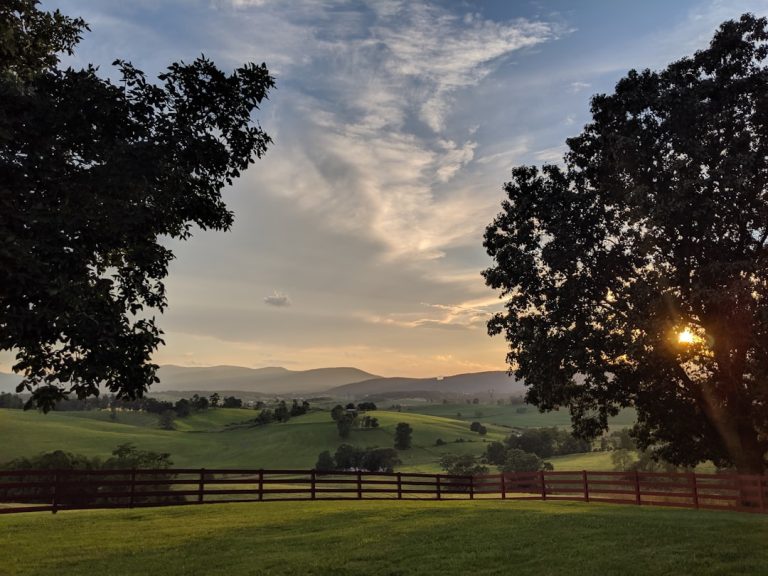Spam calls pose significant risks in Norfolk, with ties to fraud and identity theft. Combating this requires a collective effort involving education, blocking measures, and supporting legislation. Virginia's Spam Call Law, enforced by specialist firms, restricts automated calls, mandates caller ID, and governs consent. Community action, through initiatives like neighborhood watch programs, reduces unwanted calls. Empowering residents to recognize and report spam, coupled with legal measures, aids in combating spammers. Active community engagement strengthens local laws and fosters a safer environment for all.
Norfolk residents face a growing nuisance: relentless spam calls. This pervasive issue impacts well-being and productivity, prompting community action. In this comprehensive guide, we explore effective strategies to combat spam calls, focusing on the Spam Call Law in Virginia. We delve into community engagement, legal rights, and sustainable solutions. By empowering Norfolk folk, we can create a quieter, more peaceful environment. Join us as we navigate the landscape of spam call mitigation, with a focus on local efforts and the role of a Virginia spam call law firm.
Understanding the Impact of Spam Calls in Norfolk Community

Spam calls, though a nuisance at best, can have profound negative impacts on individuals and communities. In Norfolk, as in many areas across the nation, these unwanted phone calls have become an increasingly pressing issue. Beyond simply being annoying, spam calls often serve as a gateway to fraud, identity theft, and other financial crimes. They disrupt peace of mind, waste valuable time, and can even lead to mental health issues for those subjected to relentless harassment.
In Norfolk, where community spirit is strong, taking collective action against spam calls is essential. By understanding the law firm Virginia residents have at their disposal—such as those specializing in Spam Call law—communities can unite to combat these intrusions effectively. Together, they can raise awareness, implement blocking measures, and support legislative efforts aimed at curtailing the prevalence of spam calls, ultimately creating a safer, more peaceful environment for all Norfolk residents.
Legal Framework: The Spam Call Law in Virginia

In Virginia, the fight against spam calls has a solid legal foundation with the implementation of the Spam Call Law. This legislation is designed to protect residents from unwanted and nuisance calls, providing them with a robust framework to take action. The law firm specialising in spam call cases plays a vital role in upholding this regulation by assisting individuals in understanding their rights and taking necessary measures against persistent spam callers.
The Spam Call Law offers various protections, including restrictions on automated or prerecorded calls, requirements for caller identification, and rules regarding consent. It empowers residents to report spam calls effectively, enabling the law firm to investigate and take legal action against violators. This proactive approach not only discourages spam call activities but also ensures a safer and more peaceful environment for Norfolk’s citizens.
The Role of Community Action in Combating Spam Calls

Community action plays a pivotal role in combating spam calls, offering a collective approach to address this pervasive issue. Norfolk residents can take proactive measures by joining forces and sharing knowledge about spam call trends and patterns. This collaborative effort empowers the community to identify and report suspicious activities, which are then used by local law enforcement and spam call law firm Virginia to trace and penalize the culprits.
By fostering a culture of awareness and collective action, communities can significantly reduce the volume of unwanted calls. Organized initiatives can involve educational campaigns, neighborhood watch-style programs, and community meetings where residents exchange strategies to block and avoid spam calls. These collective actions not only protect individuals but also contribute to a safer, less disruptive environment for everyone in Norfolk.
Effective Strategies for Successful Community Outreach

Community outreach is a powerful tool in the fight against spam calls, and when combined with robust legal measures, it can lead to significant changes. One effective strategy is education; empowering residents to recognize and report spam calls is essential. Many people may not be aware of the legal protections available to them under Virginia’s Spam Call laws. A well-informed community can actively contribute to identifying malicious call patterns, helping law enforcement agencies and spam call law firm Virginia in their efforts.
Engaging with local groups, organizations, and community leaders is another successful approach. Collaborating with these entities allows for the creation of tailored awareness campaigns that resonate with Norfolk’s diverse population. By hosting informational sessions, workshops, or even simple neighborhood gatherings, residents can be encouraged to share their experiences, learn about privacy rights, and collectively push for stricter anti-spam call regulations.
Building a Sustainable Solution: Long-term Community Engagement

In the ongoing battle against spam calls, a sustainable solution lies not only in technological advancements but also in robust community engagement. Norfolk residents can play a pivotal role by actively participating in and supporting local initiatives aimed at combating this nuisance. By fostering a collaborative environment, the community can create a network of informed individuals who can collectively identify and report spam calls, leveraging their collective action to strengthen local laws and regulations, such as those enforced by a Spam Call law firm Virginia.
This long-term engagement involves education, awareness campaigns, and regular communication channels to keep everyone updated on emerging trends and tactics used by spammers. By building a strong community bond, Norfolk can develop a comprehensive strategy that addresses the root causes of spam calls, ensuring a quieter and more peaceful environment for all residents.






